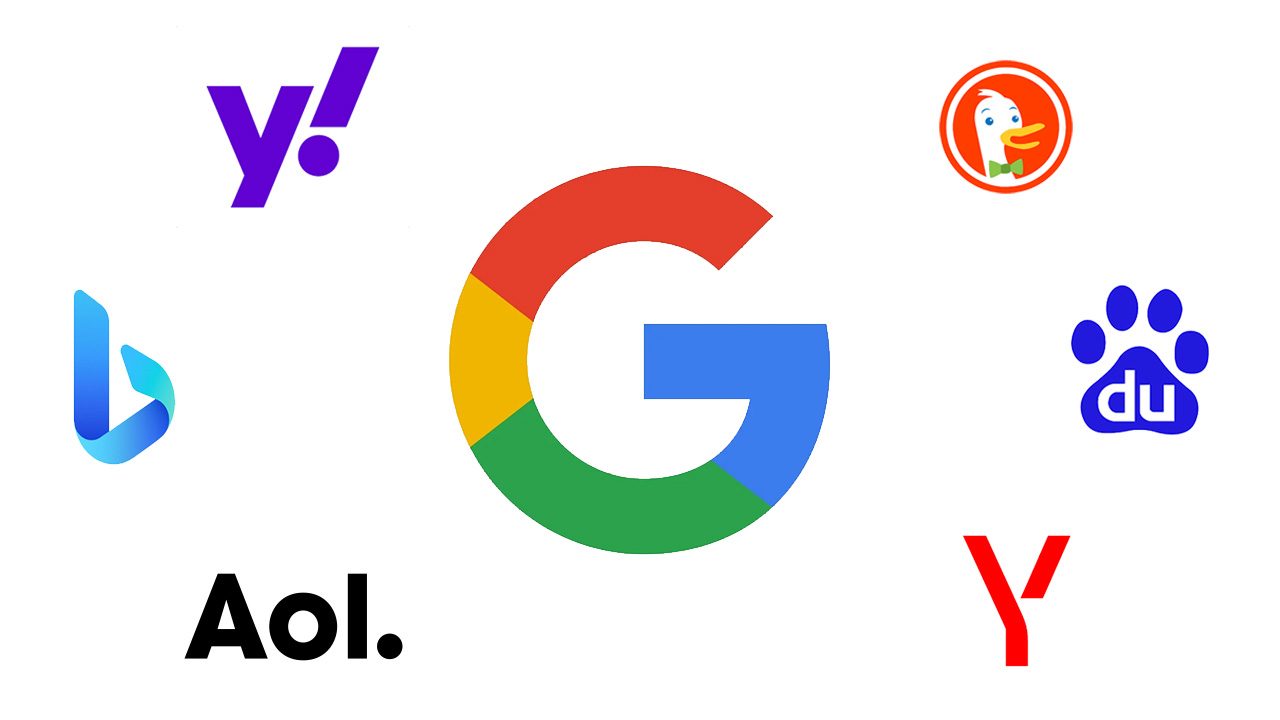How Search Engines Work and the Role of AI in SEO

Search engines are an integral part of our daily lives, helping us find information, products, and services with just a few clicks. However, many people do not understand how search engines work and the role of AI in shaping search results. In this article, we will explore the history of search engines, how they function, and the impact of AI technologies like ChatGPT and Bard on SEO.
The History of Search Engines
The origins of search engines can be traced back to the early days of the internet. Early search engines like Archie and Veronica provided basic search functions, while others like AltaVista and Yahoo! emerged with the rise of the World Wide Web. However, it was not until the launch of Google in 1998 that search engines began to focus on delivering relevant and precise results that matched the intent of users.
How Search Engines Determine the Relevance and Quality of Content
Search engines use complex algorithms to analyze a variety of factors to determine the relevance and quality of content, including keywords, backlinks, user engagement metrics, technical factors, and structured data.
Keywords are an essential factor in determining the relevance of content. The presence and density of relevant keywords in the content, title, meta tags, and URL can significantly impact search rankings.
Backlinks are also a critical factor in determining the credibility and authority of a website. The number and quality of incoming links that refer to a webpage can provide valuable insights into the site’s overall quality.
User engagement metrics, such as click-through rates, bounce rates, and dwell time, indicate user satisfaction with the content and can influence search rankings.
Technical factors like website speed, mobile-friendliness, and secure connections (HTTPS) can also impact search rankings.
Structured data and schema markup provide search engines with additional context about the content of a page, leading to improved visibility in search results and rich snippets that can increase click-through rates.
How AI Technologies Optimize Structured Data
AI technologies can play a crucial role in optimizing structured data and schema markup. For example, they can automatically create schema markups for different content types, identify missing or incorrect schema, and perform competitive analysis to improve optimization.
The Impact of AI Technologies on SEO
AI technologies like ChatGPT and Bard have revolutionized the way we create and optimize content for search engines. They can generate high-quality content quickly, optimize structured data and schema markup, and even provide support for customer service. However, they also have their limitations, including a lack of context understanding and ethical concerns related to transparency and authenticity.
How Businesses Can Optimize Their Use of AI-Generated Content
To optimize their use of AI-generated content, businesses should view it as a tool for optimization and efficiency rather than a replacement for human input. They should also invest in training and development for human writers and content creators to ensure they have the skills and knowledge necessary to create high-quality content.
Conclusion
Search engines are an essential part of our digital lives, and AI technologies like ChatGPT and Bard are transforming the way we create and optimize content for search engines. By understanding how search engines work and the role of AI in shaping search results, businesses can develop effective strategies for improving their search rankings and driving traffic to their websites.
Recommended Posts

Hub88 Expands Game Portfolio with PHOENIX 7
May 31, 2024

Building a Secure Payment Infrastructure
May 31, 2024

iGaming and Financial Technology
May 31, 2024



